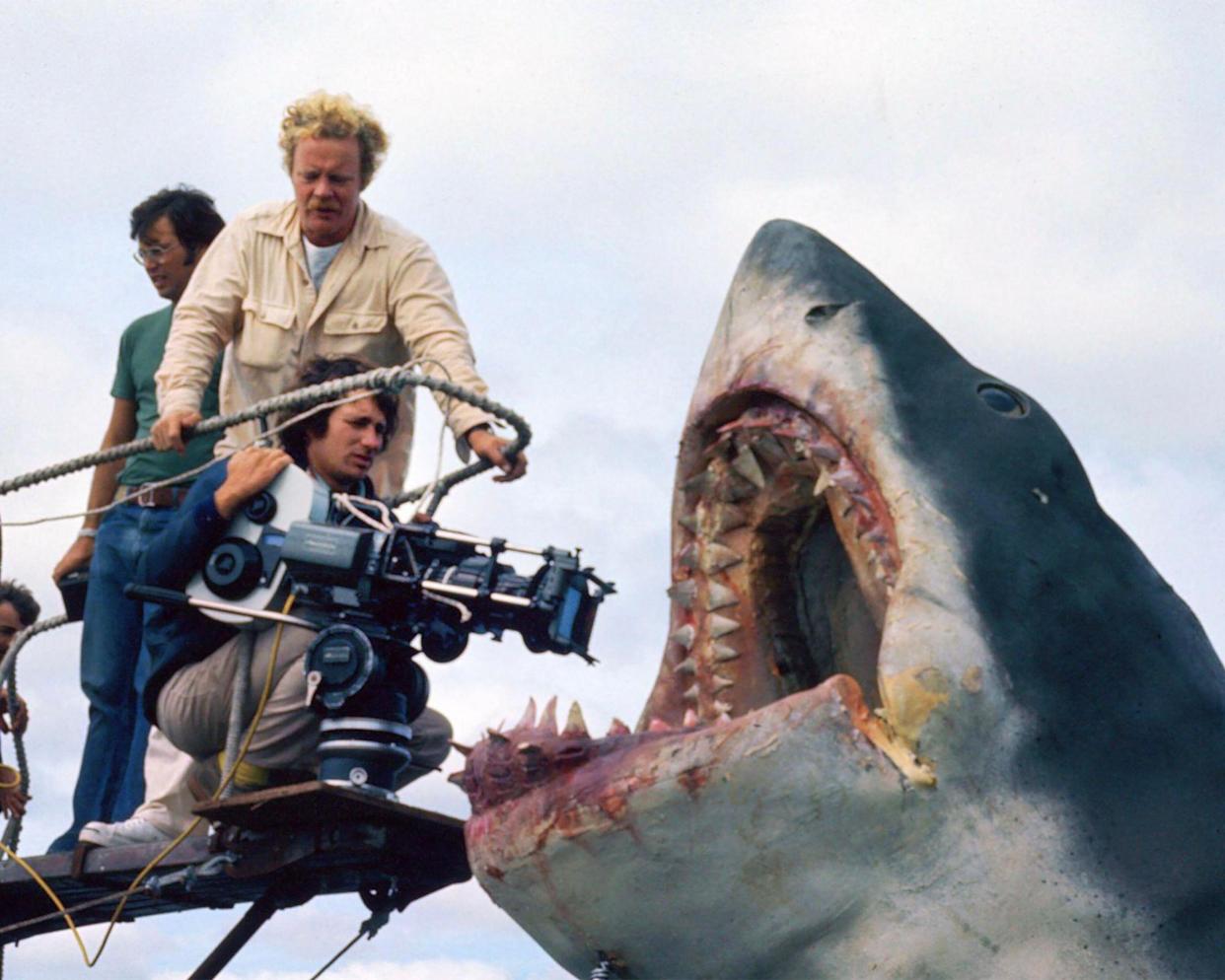Jaws: The Legacy of a Summer Blockbuster and Its Impact on Hollywood

Half a century after its release, Jaws remains a cultural touchstone and a benchmark for summer blockbusters. The film, directed by Steven Spielberg and based on a novel by Peter Benchley, tells the story of a great white shark terrorizing the beach town of Amity Island, prompting police chief Martin Brody, marine biologist Matt Hooper, and grizzled fisherman Quint to hunt it down. Today, only Dreyfuss, who played Hooper, is still with us. In a recent interview, he shared his memories of the film's production and its lasting impact.
At first, Dreyfuss turned down the role of Hooper, citing concerns about the difficulties of the shoot. However, after seeing a rough cut of a film he had just made and thinking his performance looked so bad that it might end his career, he called Spielberg and begged him for the role. Once shooting got underway, Dreyfuss found that it was not as difficult as he had anticipated, but rather a lot of waiting. Despite the difficulty and cost, Spielberg insisted on shooting in the open ocean off Martha's Vineyard for the sake of authenticity. The budget ballooned from $4 million to $9 million, and production went 100 days over schedule due to the malfunctions of the mechanical shark (nicknamed "Bruce" after Spielberg's lawyer).
Dreyfuss recalls that there were three different sharks and three different crews that worked on the shark, and it was all a disaster. He also notes that Spielberg had to rework his conception of the entire movie because he knew he could not show the shark as brazenly or blatantly as he had assumed. That ultimately made the film a masterpiece.
Spielberg has credited director Alfred Hitchcock with influencing his less-is-more approach to building suspense. He also received a mighty lift from composer John Williams, whose two-note theme music initially seemed so simple that Spielberg thought it a joke until he realized its visceral menace. Dreyfuss comments that John Williams is an extraordinary composer and it took him no time at all to create a sound picture that could carry the film. You don’t see the shark first: you hear it. Under the credits you hear bar-dum, bar-dum, bar-dum, bar-dum and you’re seeing that shark moving through the underbrush and it put the fear of God in the audience and everyone.
Despite its impact on society, Dreyfuss has never again sat down to watch Jaws from start to finish. He was as terrified as if he had never experienced the making of this film. It was so much an achievement of filmmaking and his friend Steven, who’s sitting there – he knew that he was watching the crowning of the uncrowned prince of Hollywood.
The movie drew long queues at cinemas and quickly became a cultural phenomenon. There was, for the first time, an awareness of how a film could affect all of society, not just one group or one country. Jaws continues to be a benchmark for summer blockbusters and a cultural touchstone that has influenced filmmakers and audiences alike for decades to come.
The retrospective of Jaws: The Legacy is a vivid portrayal not only on the impact it had as one summer's most monstrous blockbuster but also how its daring filmmaking reshaped Hollywood into what we know today, revolutionizing special effects and defining cinematic terror for generations.
In Jaws: The Legacy of a Summer Blockbuster and Its Impact on Hollywood, the film iservatipos as an epoch-making event in popular culture, transforming how entertainment was produced by sparking new levels
of caution for moviegoers' safety during production.
Jaws: The Legacy of a Summer Blockbuster and Its Impact on Hollywood illuminates how Steven Spielberg's masterpiece forever altered the course of summertime movie-making, introducing groundbreaking techniques that continue to define contemporary action thrillers.
Titled Jaws: The Legacy of a Summer Blockbuster and Its Impact on Hollywood, the documentary brilliantly documents how this thrilling 1975 movie not only revolutionized technical filmmaking but also forever altered popular culture's perception about summer vacation.
Jaws embraced the nation as more than a mere summer blockbuster; it was an enduring cinematic moment that underscored Hollywood's transition towards grand-scale spectacle and forever transformed audiences’ expectations, defining legendary legacies in filmmaking.














